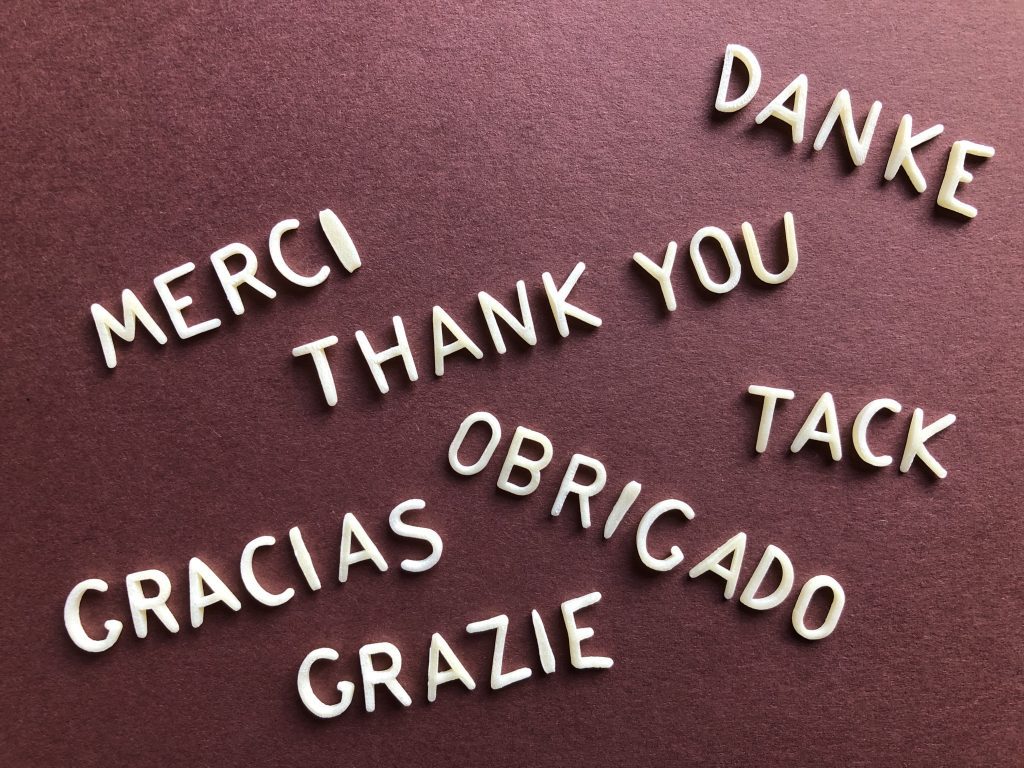|
Getting your Trinity Audio player ready...
|
Language forms the backbone of communal existence. Countless dialects exist across the globe, some closely related to one another and others completely foreign.
The African continent is the second largest on earth, covering about 30 million square kilometers. About 1.2 billion people live in Africa and use English, French or Arabic as their official language. Due to the colonization history of most African countries hence, their use of most European languages on official occasions. The languages of Africa break down into four large families: Niger-Congo, Nilo-Saharan, Afroasiatic and Khoisan. The most widely spoken languages in Africa are,
English
English is the world’s lingua Franca. About 1.5 billion people around the world speak English whether as a first language or a second language. In Africa 700 million people speak English, mainly in Botswana, Burundi, Cameroon, Eswatini, Ghana, Kenya Lesotho, Uganda and many others. It migrated to most African countries through colonization.
Swahili
The Bantu language is spoken by about 150 million people in central and southern Africa in the Great Lakes region. It originated from other languages like Arabic. Swahili is the official language of some countries like Tanzania, Uganda, the Democratic Republic of Congo and Kenya and it’s also used in countries like northern Mozambique, Sudan, Rwanda, Burundi, Ethiopia etc.
Arabic
More than 100 million Africans speak Arabic. Arabic is a Semitic language spoken primarily across the Arabic world. Having emerged in the 1st century, It is named after the Arab people. The term “Arab” was initially used to describe those living in the Arabian Peninsula, as perceived by geographers from ancient Greece. The Arabic language is in 2 forms; Modern Standard Arabic and Colloquial Arabic. Modern Standard Arabic is the official language at school and University and in the mosques and official media. It is closely related to Amharic and Hebrew. Some countries that speak Arabic are: Chad, Algeria, Comoros, Egypt, Somalia, Tanzania, Tunisia, Libya, Morocco.
French
Africa is the home to the largest number of French speakers in the world. French is the sole official language in 11 African countries and the second official language in an additional 10 countries in Africa. It is spoken by about 90 million people in Africa. It was brought to the African continent through colonization. Africa plays a key role in the present and future of French, a fact that has been recognized by the organization Internationale de la Francophonie. French is the official language in Benin, Cameroon, Gabon, Togo, Mali, Cote D’ivoire, Magadascar, Djibouti, Seychelles, DR Congo etc.
Hausa
Hausa is an Afro-African language taught in Nigeria and Niger alongside their respective official language. About 80 million Africans speak Hausa. Hausa is also spoken in countries including Benin, Germany, Ghana, Togo and a lot of North Africa. Hausa uses the Boko and Latin alphabet and it is said to be one of the most advanced languages in Africa as a whole. Hausa is the only language that has foreign station broadcasts. These include BBC, Voice of Russia and Radio France international.
Yoruba and Oromo
There are over 30 million Yoruba speakers in Nigeria, Benin and Togo combined. It is also spoken in Ghana, Ivory Coast, Sierra Leone and Liberia making it one of the most spoken in West Africa. Oromo is widespread in Kenya, Ethiopia, Egypt and Somalia.
Igbo
Alongside Nigeria, Igbo is also spoken in countries like Cameroon and Equatorial Guinea. It is spoken by over 20 million people and it has over 20 individual dialects including Owerri, Eche and central Igbo. Most Igbo speakers are said to be bilingual in English. It descends from the Volta-Niger branch of the Niger-congo family of language.
Zulu
IsiZulu also known as Zulu is one of South Africa’s official languages. Branching out from the Bantu/ Nguni family of languages. Zulu has more than 10 million speakers and is the second most spoken Bantu language. Zulu is written using the latin alphabet and is influenced by the Khoisan language.
Africa is a mixture of many languages fused into it, with each language apart and distinct from the other. Most of them are oral with little available in written form.


